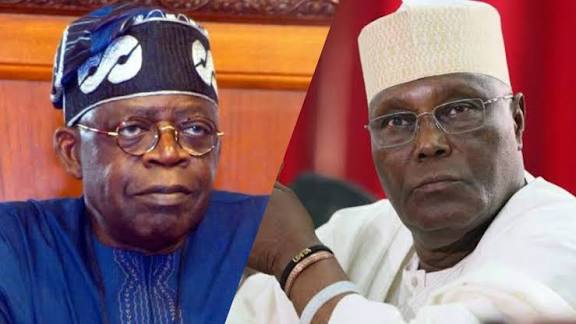
Samuel Omang
The Nigerian Presidency on Monday dismissed former Vice President Atiku Abubakar’s warning that the country risks unrest akin to the French Revolution, calling the statement “cheap talk” and out of touch with recent economic realities.
Atiku, who lost to President Bola Tinubu in the 2023 election, suggested that rising hunger could trigger mass anger reminiscent of historical uprisings, including the 1789 French Revolution and the 1917 Bolshevik Revolution in Russia.
In response, the Presidency, through Bayo Onanuga, Special Adviser to the President on Information and Strategy, pointed to recent statistics from the National Bureau of Statistics showing a brighter picture. Headline inflation has declined for the fifth consecutive month as of August 2025, the country recorded a trade surplus with non-oil exports almost matching crude oil at a 48:52 ratio, and foreign reserves have risen to nearly $42 billion, up from $32 billion at the start of Tinubu’s tenure.
The government also highlighted achievements in settling over $7 billion in arrears, including $800 million owed to foreign airlines, and enabling states to pay salaries and gratuities promptly while retaining surplus funds for capital and social projects—an accomplishment described as unprecedented.
The Presidency accused Atiku and the opposition Peoples Democratic Party (PDP) of ignoring these gains and focusing on “doomsday scenarios” rooted in past economic mismanagement during their years in power. “Ironically, many of the challenges we face today stem from the economic mismanagement during the PDP years, when Atiku was Vice President,” the statement read.
While acknowledging that reforms such as the removal of fuel subsidies and exchange rate unification have caused some hardships, critics argue that food inflation remains high and poverty widespread. Nevertheless, the government maintained that Nigeria is moving in the right direction and that citizens are beginning to feel the positive changes taking place nationwide.
